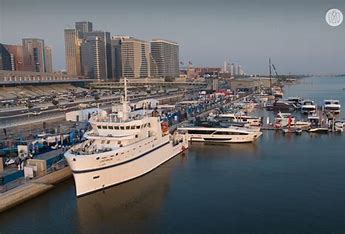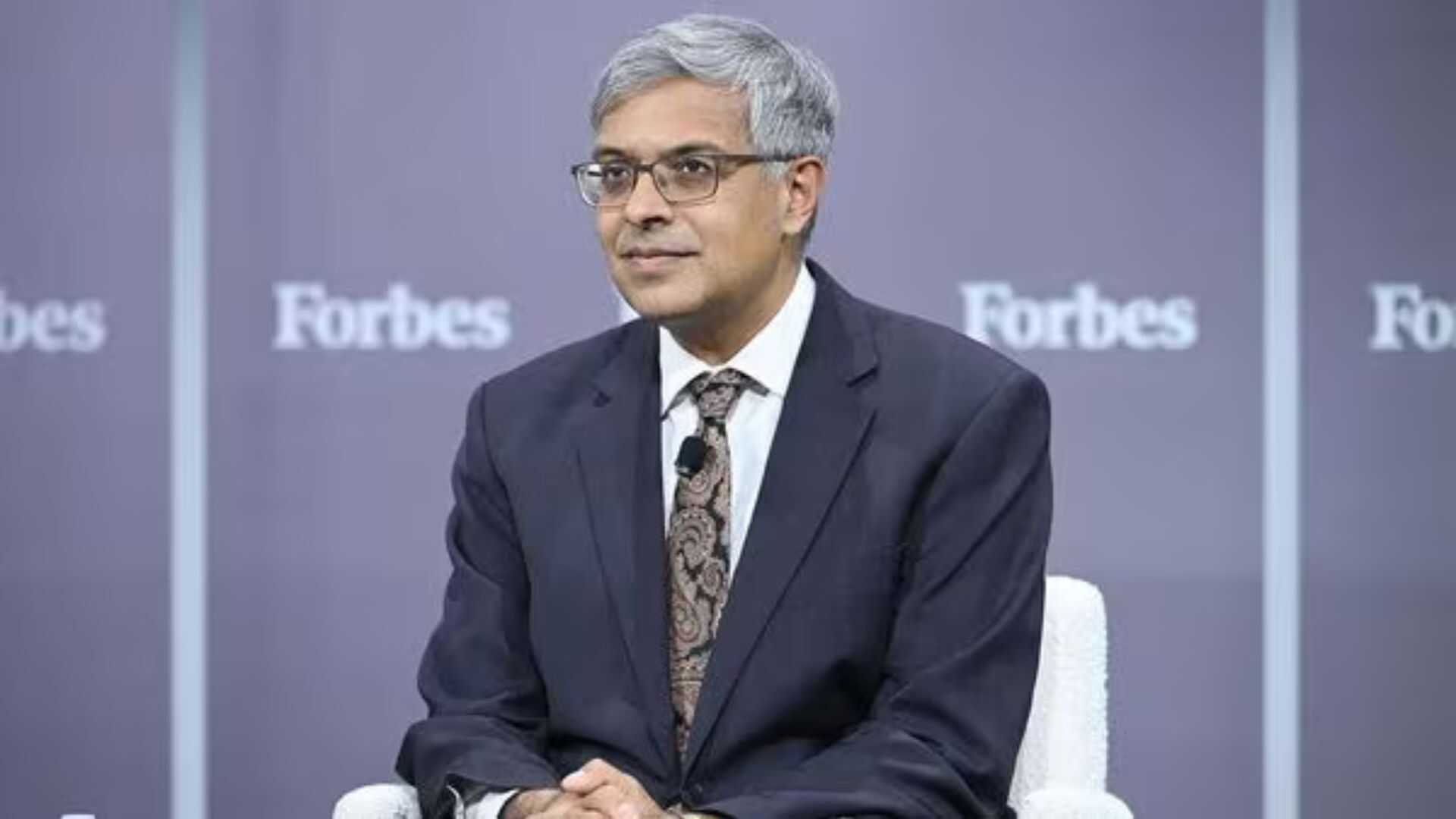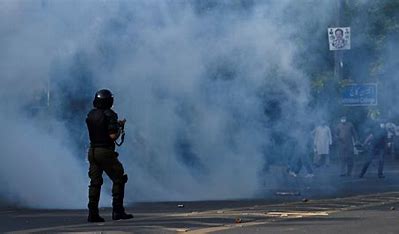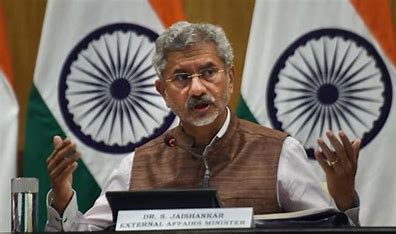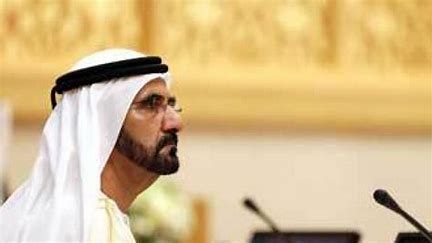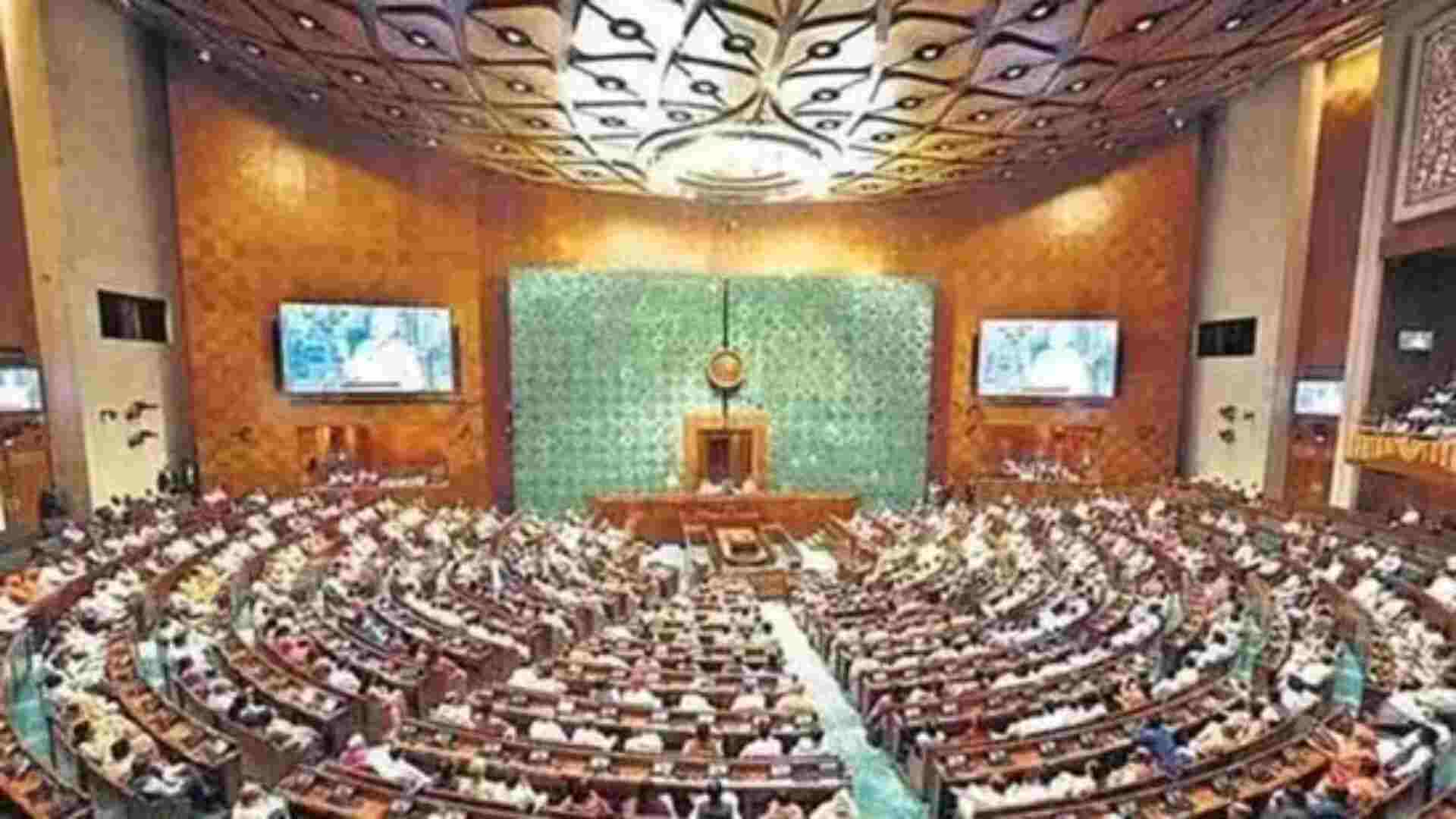
Arvind Kejriwal, the chief minister of Delhi, is scheduled to appear before the Rouse Avenue Courts today to be charged with a money laundering case, which represents an important turning point in the going on legal battle surrounding him. As Kejriwal’s remand period ends, the next stage of his legal processes will begin.
This came about as a result of Kejriwal’s plea challenging his ED detention being denied by the Delhi High Court. In a prima facie finding, Justice Swarna Kanta noted that there was a large amount of evidence, such as statements from approvers, the involvement of middlemen, and signs of cash transactions relating to expenses for the Goa elections in 2022. The legal defence of the leader of the Aam Aadmi Party (AAP) was severely damaged by the decision.
The case concerns charges of money laundering and corruption related to the formulation and implementation of the excise policy for 2021–2022 by the Delhi Government, which was later canceled. The BJP government at the Center has been accused of misusing federal investigative agencies, which has put the ED’s efforts against Kejriwal under significant political and legal scrutiny.
Gopal Rai, the Cabinet Minister and convenor of the AAP’s Delhi unit, responded to these developments by accusing the BJP of using these agencies for political gain. Rai highlighted Kejriwal’s commitment to serving Delhiites and pledged to carry on their struggle via democratic methods, using the approaching election as a starting point for the search of justice.
The political consequences and heightened public interest surrounding Kejriwal’s judicial custody at Tihar Jail highlight the complicated relationship between the legal system and political forces in India. The country is watching the court hearings to see what will happen next in this well-known case, which has sparked a lot of discussion and attention.
